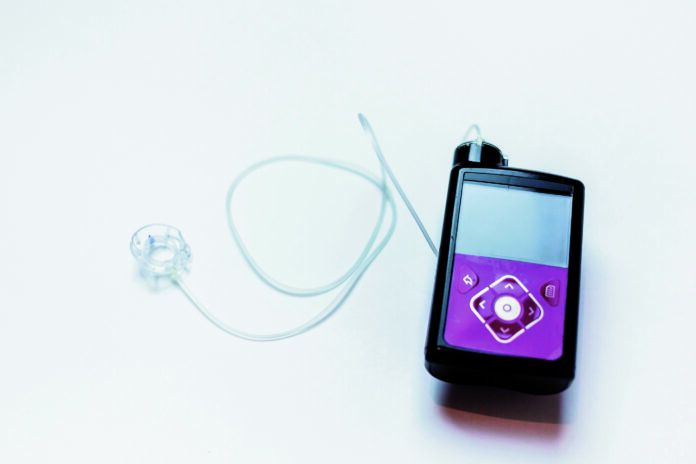Q: Sometimes when I miss a meal, I end up feeling faint. What could be causing this, and what should I do?
A: Anastassios Pittas, MS, MD, chief of the Division of Endocrinology, Diabetes, and Metabolism; co-director of the Diabetes and Lipid Center; and a professor at Tufts University School of Medicine, answers: “This is actually a very complicated question. The feeling of faintness after skipping a meal may be caused by low blood sugar, also known as hypoglycemia, but this is rare in people without diabetes.
“Glucose in the blood comes from the foods and beverages we consume. Any glucose not used right away is stored in the liver and muscle cells and released between meals. If prolonged fasting occurs between meals, blood glucose may decrease and can lead to feeling faint. This can happen when people restrict caloric intake or when the body’s glucose stores are inadequate, such as in people with very low weight, or in specific endocrinological conditions.”
“Feeling faint due to low blood glucose level may also occur a few hours after a meal rich in simple carbohydrates (like pasta, for example). This is the most common cause of feeling faint in between meals and may be related to rapid shifts in glucose levels. In this case, people tend to treat their symptoms with more simple carbohydrates that raise the blood glucose level back to normal quickly, only to develop similar symptoms a few hours later. A mixed meal with with protein, healthy fats, and unprocessed carbohydrates—such as those in whole grains, fruits, vegetables, nuts/seeds, and legumes—is recommended to treat this condition, which often goes by the term ‘postprandial syndrome.’”
“Documenting your blood glucose level at the time you feel faint is very important. In the past, doctors did this by giving people glucometers, which are devices that measure glucose with a fingerstick. Now, a doctor can place a small sensor on the arm to measure glucose levels every 15 minutes for up to two weeks and can correlate glucose levels with symptoms. It would be best to contact your doctor to fully evaluate feelings of faintness between meals.”
Timothy Griffin, PhD, is the Teri and Barry Volpert Family Professor in Nutrition, Agriculture, and Sustainable Food Systems and director of the Agriculture, Food and Environment program at the Friedman School of Nutrition Science and Policy. See his discussion on taking environmental impact into account when making food choices on this page.
























